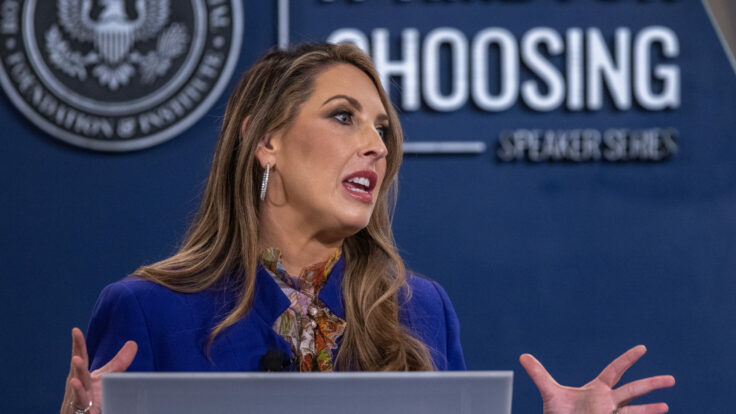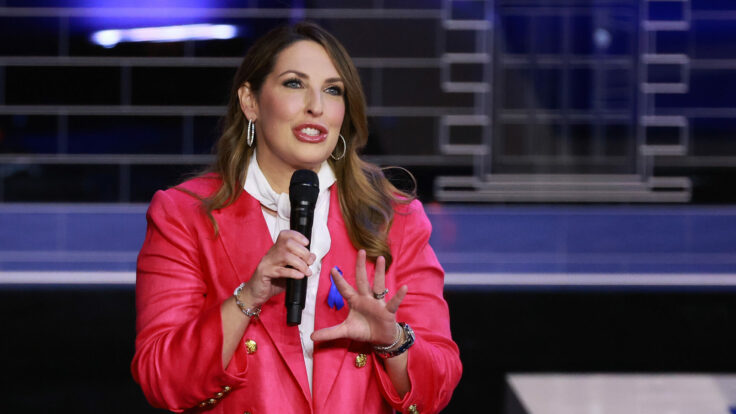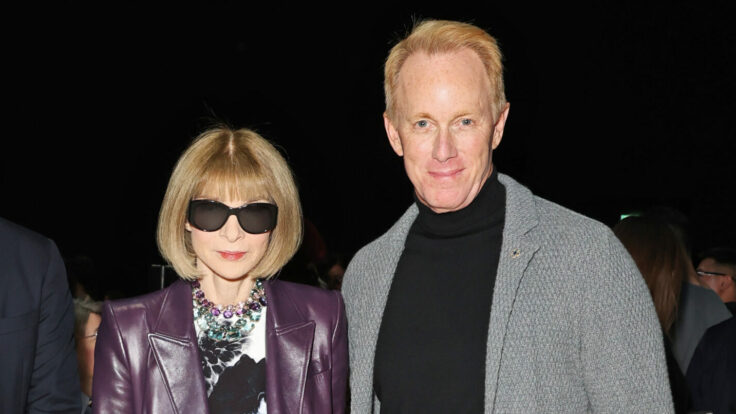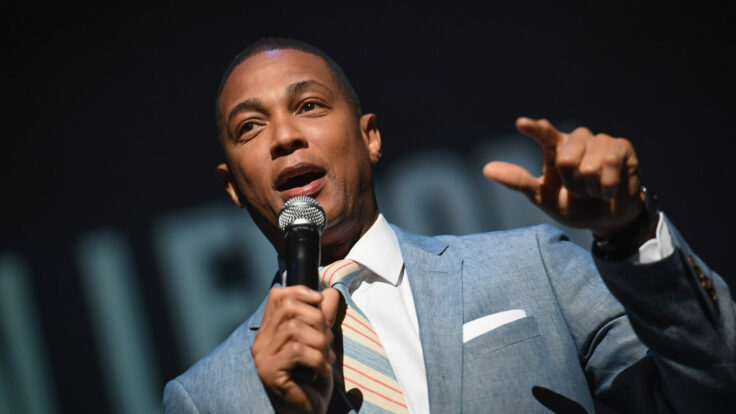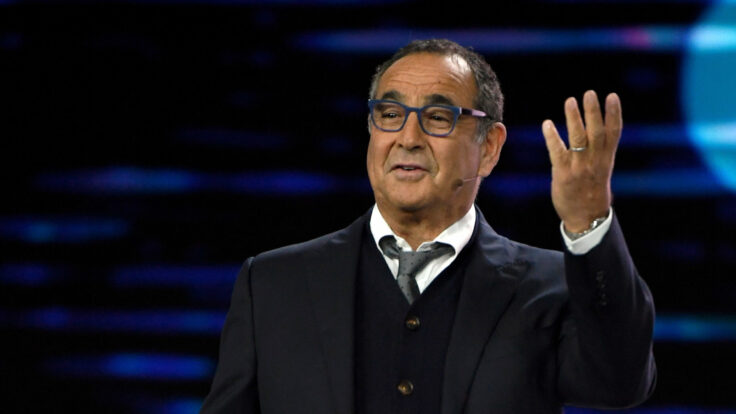 |
|
Good evening, and welcome back to In The Room. Tonight, we go inside CNN to assess the fallout from the tumultuous Trump town hall, the state of staff anxiety, Licht’s response to Oliver Darcy’s newsletter, and Zaz support.
|
 |
| Licht’s Dispassion Punch |
| Kaitlan is Licht’s answer at 9 p.m.—the great conservative hope upon which his legacy will likely hang.Inside CNN, the reverberations from Wednesday’s town hall are still being profoundly felt, further testing the long-strained relationship between the network’s anchors and journalists on one side and their newly dispassionate boss on the other. As one insider put it: “It’s Chris Licht’s fucking CNN now.” |
|
|
|
| Kaitlan Collins, the ascendant CNN prime-time star and the next great down-the-middle hope of Chris Licht’s attempt to rebrand his flailing news network, opened the 9 p.m. hour on Thursday with a true-enough declaration: the live town hall she had moderated with former president Donald Trump some 24 hours earlier was “a major inflection point in the Republican party’s search for its nominee and potentially the starting line for America’s next presidential race.” At the very least, the 70-minute event thrust Trump back to the forefront of the national conversation, reminded everyone that the G.O.P. frontrunner has become more brazen than ever in his disregard for truth and democratic norms, and suggested that, despite his demonstrable malfeasance, his uniquely self-assured anti-establishment swagger remains a winning sell among the Republican base.
Beyond that, assessments of how CNN handled the event were mixed. The broad consensus—among many liberals, never-Trump conservatives, MAGA faithful and professional political observers—is that Collins, despite her steady efforts as fact-checker, couldn’t fully contain a predictably impertinent and devious pugilist who lied, interrupted and eluded faster and more forcefully than she could possibly keep pace. In a customary circling of the wagons, many of Collins’ friends and colleagues in the media praised her performance as “masterful” (Licht), “heroic” (Peter Baker), even “matador”-like (Van Jones), and so on, often alluding to the near-impossible task of taming such an unhinged political animal.
That’s all fair, but such assessments set dispiritingly low expectations for journalism in the Trump era. Collins survived Trump’s onslaught by correcting the record as often as possible and then moving on to the next topic. She elicited some news and maintained her composure. That’s all well and good, but Jonathan Swan or Savannah Guthrie this was not.
The sheer chaos of those 70 minutes gave rise to a torrent of now very familiar musings, ranging from the (mostly liberal) contention that CNN should have never live-platformed a serial fabulist and anti-democratic creep to the more sophisticated argument that a former president and frontrunner for the Republican nomination is inherently newsworthy. And then there was plenty of chatter, mostly among the pro-Trump crowd, that a CNN town hall devolved into an apparent rally. (My Puck partner Tara Palmeri says it played out quite differently in the room.) Whatever the case, the result was a familiar one: CNN became the news.
Some 2,887 days after Trump’s descent down the golden escalator, CNN and the American media at large still haven’t figured out how to responsibly program a problem like Mar-a-Lago. Many will try; I’m reliably told that the Trump campaign is in talks with all of the major networks about feature events, prime-time interviews and Sunday shows. (How will the MSNBC pearl-clutchers, who opposed CNN’s decision to hold a Trump town hall, respond to the candidate’s inevitable appearance on their own sister network?) In any event, CNN’s first turn at the table is done, the event made no small amount of headlines—as Licht has eagerly pointed out—and America is moving full-throttle into yet another uncertain presidential election cycle, destination unknown. |
|
|
| Inside CNN, however, the reverberations from Wednesday’s town hall are still being profoundly and passionately felt, further testing the long-strained relationship between an overwhelming number of CNN anchors, journalists, producers, and rank-and-file on the one side (I spoke to nearly 30 of them), and on the other side their boss, his loyal inner circle, and the corporate overlords with whom Licht is unquestionably aligned (I spoke to a few of them, as well).
No 4,000-person entity is monolithic, but the frustration and sense of profound embarrassment over what transpired on Wednesday night, and the way that the network appeared to subjugate itself to a pathological liar and voter fraud conspiracist whose attacks against CNN once inspired supporters to send bomb threats and death threats to CNN staff, is palpable. These folks don’t object to Trump’s appearance on the network—they’re fully aware of their obligations to face the G.O.P. frontrunner head on—but disagree with the way in which it was managed. And this plays into network veterans’ longstanding frustrations with Warner Bros. Discovery-era CNN—New CNN—more generally.
In many ways, Wednesday’s town hall was the culmination of WBD’s yearlong effort—first articulated by board member John Malone, mandated by C.E.O. David Zaslav, and now executed by Licht—to establish CNN as an agora for the broad tent of American politics, circa 2023, more tolerant of conservative and MAGA viewpoints. The principle tenet and directive of this mission is that CNN journalists must approach the news, and the subjects they interview, empathetically, dispassionately.
Indeed, there may be no single maxim that better characterizes the Zaz-Lichtian philosophy of New CNN, and the expectations of its journalists, than dispassion. Of course, this is a radical departure from the Jeff Zucker era in which so many of these same journalists thrived, when many—Chris Cuomo, Don Lemon, Brian Stelter, Brianna Keilar, Jim Acosta, etcetera—were encouraged to be quite passionate in their criticism of Trump and his enablers in the G.O.P. and on Fox News. But if any CNN employees were still wondering where Licht intended to take them, Wednesday night was the destination. The unemotional host who fact checks but does not fight against Trump—Licht had advised Collins not to be combative, sources familiar said—is the clearest manifestation to date of his vision.
In this effort, Licht has the full support of his bosses. The fundamental challenge is that, unlike his predecessor, he does not have the support of his troops. The network is still overwhelmingly populated with journalists who lived through the 2016 and 2020 cycles and harbor deep concerns about the effect that such an impassive approach to Trump might have not just on the network’s reputation, but on American democracy and their own credibility (and yes, their brand). But, as importantly, it is heavily populated with people, from high-profile anchors down to the under-appreciated rank-and-file, who still do not trust Licht’s ability to lead them through this fraught moment in American history.
The vestiges of the Old CNN were on full display the moment the town hall ended—when a somber Anderson Cooper and Jake Tapper tried to beat back against the torrent of lies that had just aired on their network, and further still in the funereal pall that settled over Tapper’s post-game panel. The following night, Anderson opened his show by acknowledging that he understood that the “disturbing” spectacle might drive some viewers away from CNN forever, even as he gamely tried to defend the network by arguing that it would be a costly mistake for Trump’s critics to avert their eyes from the threat he posed as the Republican frontrunner.
The monologue was roundly criticized by many, including most notably by MSNBC’s Nicolle Wallace, who seems to be refashioning herself as a post-town hall CNN critic. But sources at CNN say it was more likely an attempt by Anderson, who calls his own shots and takes orders from no one, to defend the integrity of an institution to which he has given two decades of his life, and not necessarily a defense of Licht or his handling of the event.
|
|
|
| Of course, no one at CNN stuck their neck out so far as Oliver Darcy, the thirty-something media reporter who inherited the widely read Reliable Sources newsletter from his former colleague, Brian Stelter. (I, too, contributed to that newsletter once, seemingly a lifetime ago.) On Wednesday night, Darcy opened his email by declaring: “It’s hard to see how America was served by the spectacle of lies that aired on CNN Wednesday evening,” and reported that Licht was “facing a fury of criticism—both internally and externally over the event.” The vast majority of CNN insiders I spoke to admired Darcy’s courage for channeling their sentiments. His bosses did not.
On Thursday, Licht declared in the 9 a.m. meeting that he “absolutely, unequivocally” believed “America was served very well by what we did last night”—a direct rebuke to Darcy’s thesis and lede. Later that day, sources familiar with the matter told me, Licht summoned Darcy and his editor Jon Passantino to a meeting with himself, CNN comms chief Kris Coratti, editorial executive vice president Virginia Moseley and senior vice president of global news Rachel Smolkin, in which they told him that his coverage had been too emotional and repeatedly stressed the importance of remaining dispassionate when covering the news, be it CNN or any other media organization.
Darcy stood by his work and pushed back on the “emotional” characterization, one source with knowledge of the meeting said. But afterward two sources who heard about the meeting described him as visibly shaken. “They put the fear of God into him,” one source said.
|
|
|
| The mandate, now, is clear. As one insider put it: “It’s Chris Licht’s fucking CNN now.” The question is whether the current dynamic is sustainable. The most important vote of confidence is the one Licht has from the men above him: Zaz, Malone, etcetera. Inside Hudson Yards, he has the backing of a small inner circle—his fiercely loyal chief of staff Devan Cayea; his right-hand comms strategist Matt Dornic (a Zucker-era veteran who is now an inner circle member); and a handful of others. He will try to expand that circle with a forthcoming promotion of Eric Sherling, the special events programming chief behind Wednesday’s town hall, to head of programming. And he will no doubt do everything he can to incentivize Amy Entelis, the highly revered longtime CNN talent whisperer, to stay at the network despite significantly neutering the CNN Films division she once ran—though he is not yet ready to offer her the role of CNN President, as has been discussed.
Once you get to the talent level, however, the number of people on Team Chris are still few, and somewhat limited to the people he has promoted: Collins, Poppy Harlow, a few others. Whether he still has time to build trust with the rest of the organization, and crack the calcification of the Zucker loyalists, remains to be seen. In fairness to Licht, Zucker had years to build this loyal following; on the other hand, Licht has done little in his first year to win people over: the layoffs and budget cuts, the record-low ratings, the early attempt to lead from a remove. No matter how much Licht tries to telegraph that he’s in the control room, with his hands on the wheel, there is still a sense among many at CNN that he is more comfortable in the C-suite, hobnobbing with his bosses, than he is in the trenches. Perhaps this is savvy corporate survival. Many industry veterans would argue that it’s misguided. Time will tell.
In any case, the most significant insurance Licht may have is that, amid the inexorable decline of linear television and a hyper-partisan political era, there really isn’t anywhere else for most well-meaning CNN journalists to go—a prospect that, for Licht’s internal critics, becomes all the more demoralizing as they watch the ratings trend ever downward. The three-million-plus viewers who tuned in for the Trump town hall—already a surprisingly low number for such a highly anticipated event—left almost the moment it ended and did not return the following night, when the network notched a familiar audience of about 500,000. As I reported earlier this week, Licht is now betting on Collins to reverse his prime-time fortunes on a more consistent basis. If that doesn’t work, and Zaz’s sentiments change, it would be helpful to at least have the support of his troops. At present, many of them are pissed.
|
|
|
|
| FOUR STORIES WE’RE TALKING ABOUT |
 |
| WGA Red Lines |
| On the secret powder keg within the strike negotiations. |
| MATTHEW BELLONI |
|
 |
|
 |
| Lazard Times |
| Can Wall Street’s most enigmatic firm rise again? |
| WILLIAM D. COHAN |
|
 |
| Tucker & Elon |
| Notes on Carlson’s pivot to social video. |
| TINA NGUYEN |
|
|
|

|
 |
|
|
|
Need help? Review our FAQs
page or contact
us for assistance. For brand partnerships, email ads@puck.news.
|
|
|
|
Puck is published by Heat Media LLC. 227 W 17th St New York, NY 10011.
|
|
|
|







